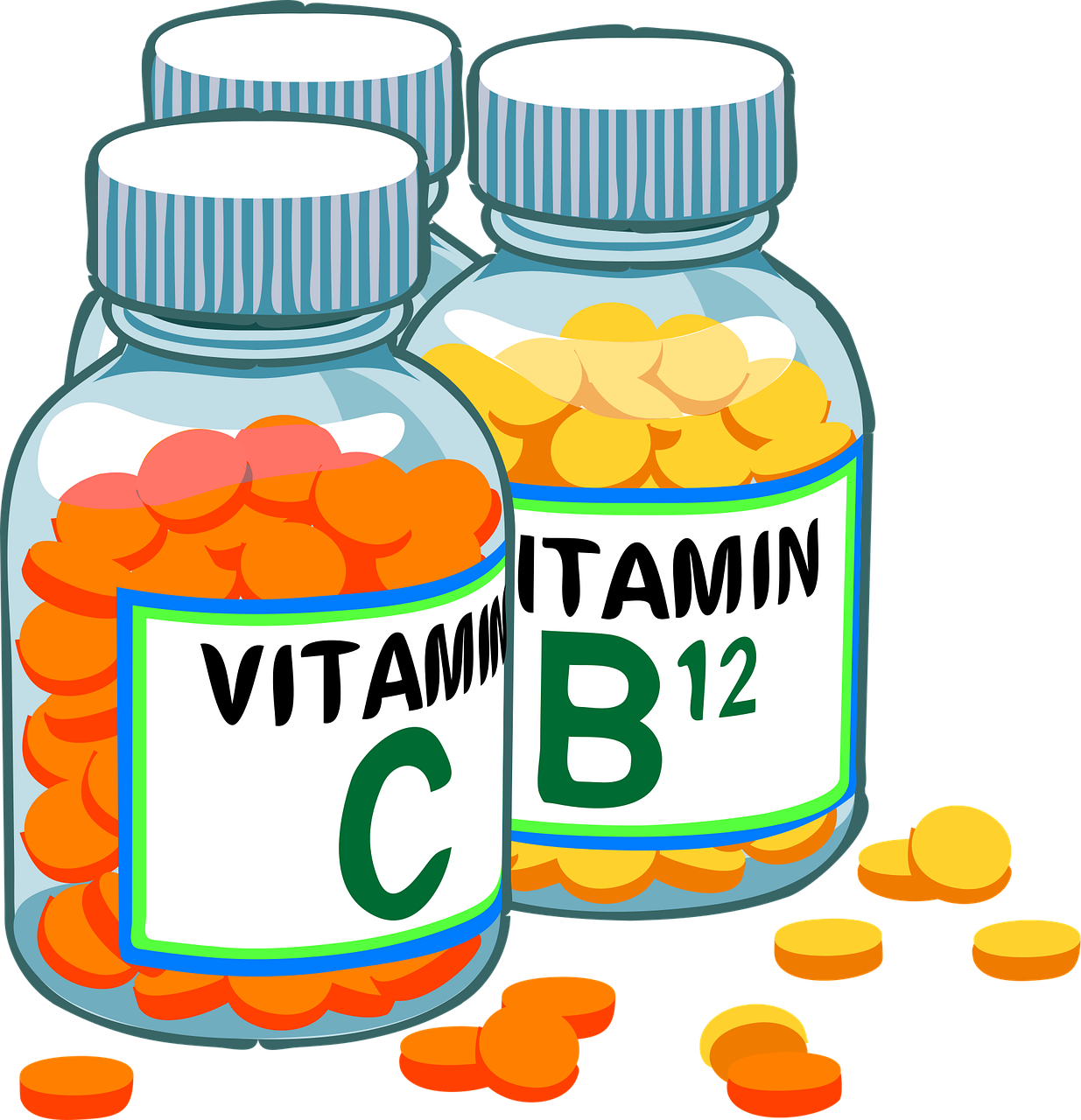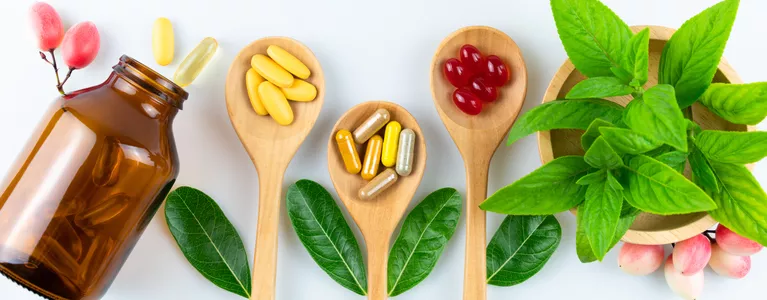This article was analyzed by Serge, MSc. Leveraging expertise in Biochemistry and Chemical Quality Control, I share insights and recommendations backed by research and clinical evidence to ensure you find safe and effective supplement solutions.

Well, the first time I saw this question, Why is vitamin B12 so dangerous? I thought it had to be a joke. Dangerous? Vitamin B12? This is the same thing doctors prescribe when you’re exhausted, the same thing people line up to get injected for an energy boost.
If it were actually dangerous, pharmacies and clinics would have been shut down years ago!
But then I realized why this question keeps popping up online. It’s a mix of confusion, clickbait, and a few rare situations that get blown out of proportion. And once something hits the internet in a scary way, it tends to snowball fast.
So let’s clear this up, what B12 actually does, why people worry about it, and where the rea danger lies.
What Vitamin B12 Actually Does.
Here’s the quick version: your body can’t make B12 on its own. You’ve got two choices, eat it through food (mostly animal products like eggs, fish, meat, and dairy) or take it as a supplement. That’s why vegans and some vegetarians need to pay extra attention.

And the reason it’s such a big deal is because B12 is tied into a lot of vital processes:
– It keeps your red blood cells healthy so you don’t become anemic.
– It protects your nerves, think of it like insulation around electrical wires.
– It helps repair and build DNA.
– And it plays a role in turning food into usable energy.
Without it, things slowly start to break down.
So Why Does B12 Get Called “Dangerous”?
From what I’ve seen, it usually comes down to a few things:
1. Confusing it with other vitamins.
Everyone’s heard horror stories about vitamin overdoses. Too much vitamin A? Damages your liver. Vitamin D? Throws off your calcium. Vitamin E? Can increase bleeding.
So people just assume B12 is the same. But it isn’t. It’s water-soluble, which means your body uses what it needs and flushes the rest away. That’s why there’s no official “toxic upper limit” set for B12.
2. Scary-looking blood tests.
Sometimes someone gets their blood tested and sees their B12 levels are really high. Cue panic. A quick Google search will throw up articles linking high B12 to cancer or liver disease.
But here’s the catch: it’s not the B12 causing those problems. It’s just a clue, like a smoke alarm going off. The alarm isn’t the danger; it’s pointing to something else that might need checking.
3. Rare side effects.
Some people report breaking out in acne or feeling jittery after high-dose supplements or injections. For them, it feels scary and “dangerous.” But those are exceptions, not the norm.
4. The internet effect.
Honestly, the reason that question goes viral is simple: it freaks people out. You read “Vitamin B12 is dangerous” and instantly think, “Hold on… is this pill I’ve been taking actually hurting me?” That tiny spark of doubt is enough to make people click, comment, and share. And because the internet loves drama, once a phrase like that catches on, it takes on a life of its own.

The Real Danger Is Deficiency.
Here’s the irony: B12 is much more dangerous when you don’t have enough. And deficiency is surprisingly common.
Low B12 can cause:
– Fatigue that no nap fixes,
– Tingling in hands and feet,
– Memory loss and brain fog,
– Mood swings and depression,
– Anemia,
– Nerve damage that may not heal if it goes on too long.
The scary part is how gradual it is. People blame stress, aging, or “just being tired,” when in reality, their body is running on empty.
Groups at highest risk include:
– Vegans and vegetarians (plants don’t naturally contain B12).
– People over 50 (our stomach acid drops as we age, which makes absorption harder).
– Those with Crohn’s, celiac, or other gut conditions.
– People who’ve had gastric bypass surgery.
– Folks on long-term meds like metformin (for diabetes) or PPIs (acid reflux).
For these groups, skipping B12 isn’t just risky, it can be life-altering.
Comparing B12 With Truly Dangerous Vitamins.
To put this in perspective:
– Vitamin A can poison you if you overdo it, headaches, liver damage, even birth defects.
– Vitamin D can cause calcium overload, leading to kidney problems and heart issues.
– Vitamin E in high doses can thin your blood too much.
B12? If you take too much, you pee it out. That’s why doctors often prescribe very high doses to people with absorption problems, it’s one of the safest vitamins to supplement.
Who Actually Needs to Be Careful?
Now, to be completely fair, B12 isn’t 100% worry-free for everyone.
– There’s one odd exception: people with a rare inherited eye condition called Leber’s disease. For them, B12 can make vision problems worse. It’s rare, but worth mentioning
– If someone has really high B12 levels without taking supplements, doctors usually dig deeper. That’s not because the vitamin is harming them, but because it could point to another issue with the liver or blood.
– And, of course, if someone just doesn’t feel right on high doses, acne, anxiety, whatever,they can adjust or stop.
For pretty much everyone else? Safe.
Summary.
So is vitamin B12 dangerous? For most people, no.
What’s dangerous is how quickly a myth can spread online. The truth is B12 is essential, and millions of people would suffer without it.
The real problem is deficiency, which can creep up slowly and cause lasting damage if ignored. If you’re worried, the best move is simple: get your levels checked. If they’re low, supplement. If they’re high without explanation, check with a doctor.
The vitamin itself isn’t out to get you.
The danger lies in misinformation, and in pretending deficiency isn’t a big deal!












